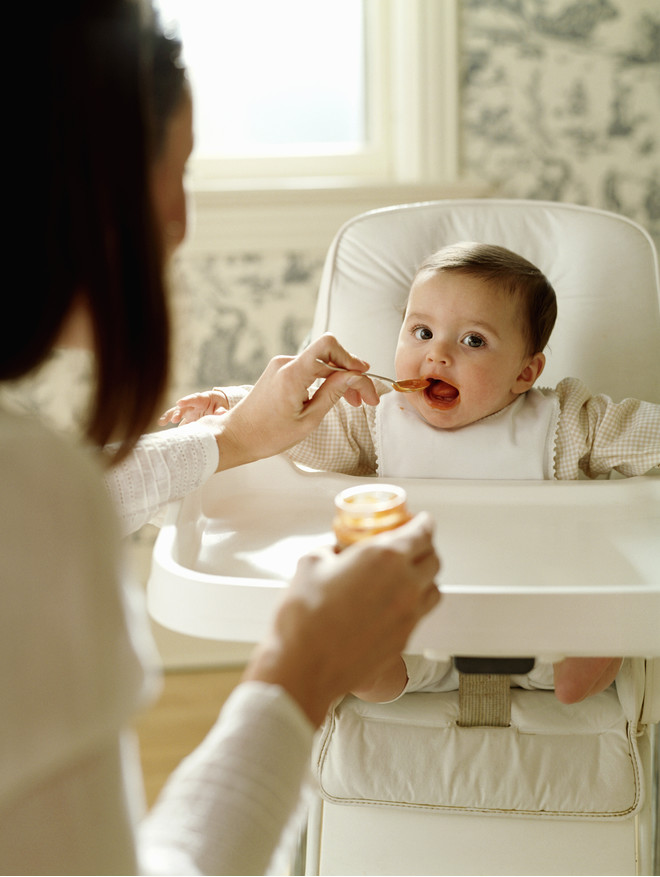When to start feeding a child
The start of complementary feeding of a baby directly depends on the state of his health and on what kind of feeding he has been on since birth. The child should be fed gradually and in small portions. Photo: Getty The World Health Organization defines the following timeframes:
The child should be fed gradually and in small portions. Photo: Getty The World Health Organization defines the following timeframes:
- When breastfeeding - no earlier than 6 months. During this period, the baby needs extra food, as his organs grow heavily, and the mother's milk no longer satisfies all the necessary substances.
- With artificial feeding - no later than 5months. The former diet no longer gives the child the right amount of vitamins and trace elements, and his digestive system is quite ready to receive and digest more solid foods.
In any case, you need to discuss it with your pediatrician,how much to feed the baby, because if he does not latch on well and is slowly gaining weight, complementary feeding can be introduced earlier. Perhaps the reason for the slow development and lethargy of the baby is that he no longer has enough mother's milk.
How to start feeding your baby
Basic products for the first feeding of a baby –These are vegetable purees and porridges. If the child's weight is below the norm and the stool is often unstable, you should start with porridges. If the child's weight is normal or there are frequent constipations, complementary feeding begins with vegetables. When feeding the child, follow these rules:
- introduce lure gradually, starting at 5 grams per day and increasing the volume during the month to 150 g;
- Wash food, dishes and hands thoroughly before preparing mashed potatoes and cereals;
- give new food with a spoon and only in a warm form;
- feed the baby in sitting position;
- go to a new product after complete adaptation of the child to the previous one - after 10-14 days;
- observe the change in the stool, and if it remains normal, the daily volume of mashed potatoes or porridge can be increased.
When transferring your baby to a mixed diet,make sure that the volume of complementary foods in his diet does not exceed the volume of breast milk. It is advisable to consult a pediatrician at each stage, both when introducing new complementary foods and when increasing the daily portion. To ensure that your child's health is strong, do not rush to completely wean him off the breast and transfer him to adult food.See also:









